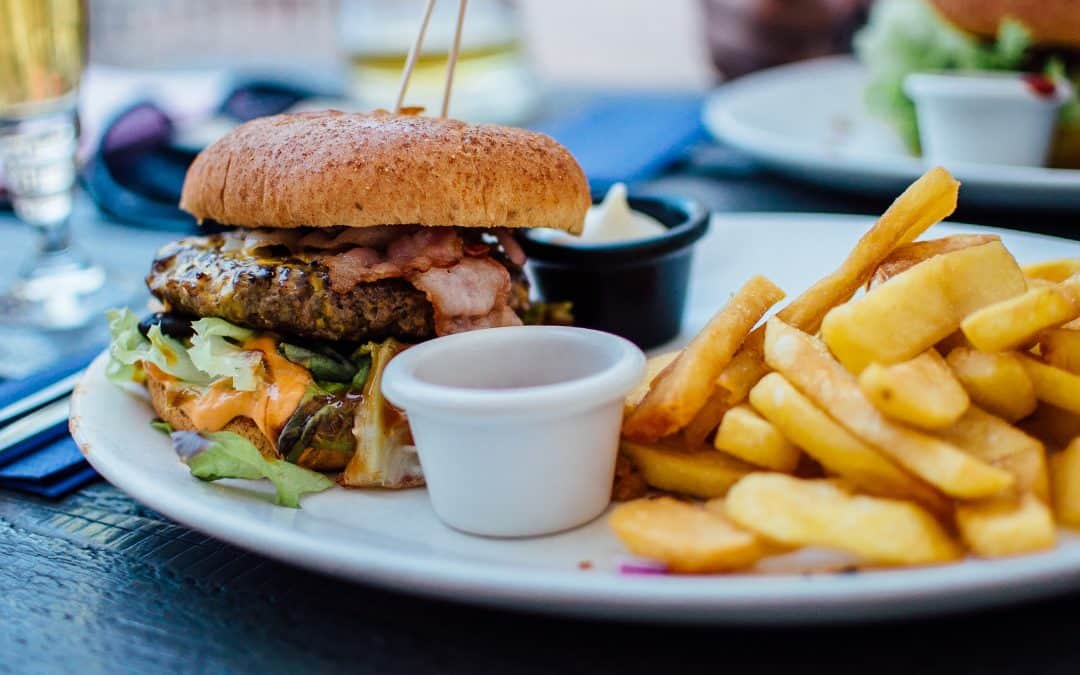Inflammation is a dreaded word – known to be the root cause of all chronic diseases. On the other hand, inflammation is an important part of how your body recovers and heals from injury and infection.
So what happens when you get a viral infection or a bruised knee? Your immune system gets activated and brings in a flurry of white blood cells and chemicals that help fight disease causing germs and repair damaged tissues. Now, this kind of immune response causes short-lived inflammation, which typically goes away once the healing is complete.
However, some triggers might keep your immune system switched on, resulting in unwanted, non-stop inflammatory responses all the time. This is when low-grade, chronic inflammation sets in – causing premature ageing and chronic conditions such as cardiovascular disease, inflammatory bowel disease, obesity, arthritis, depression, type 2 diabetes, auto-immune diseases and even cancer.
Triggers like poor sleep, poor gut health, sedentary lifestyle, chronic stress, smoking, excessive use of medications, and exposure to toxins and chemicals cause inflammation.
Eating the wrong kind of foods can also cause inflammation, setting the stage for damage and disease. Here is a list of some highly inflammatory foods you should cut back on or even avoid to keep chronic conditions at bay.
1. Sugar
Busy blaming fat? It turns out that added sugar and refined carbs are the real reasons why an increasing number of people today are struggling with obesity, heart disease and chronic ailments.
Added sugars cause chronic inflammation, damage your heart, cause weight gain and weaken your immune system.
The excess sugar in your blood binds to proteins and produce advanced glycation end products, or AGEs. These molecules prompt unnecessary immune and inflammatory responses – resulting in chronic inflammation.
High levels of blood sugar also cause insulin resistance, that is when your cells stop responding to insulin and no longer accept the available sugar floating in the blood. This sugar load gets stored as toxic belly fat, known to trigger low-grade inflammation by releasing cytokines and other inflammatory proteins. Insulin resistance also increases your risk of other inflammatory conditions like, metabolic syndrome, pre-diabetes and type 2 diabetes.
In addition, highly processed foods and sugars damage the delicate gut lining, which makes undigested food particles and other content from the gut to enter the bloodstream. This is called leaky gut and causes body-wide inflammation; along with symptoms like fatigue, joint pain, inflammatory bowel disease, fungal infection, and new food allergies.
Sugar is bad, but the artificial sweeteners are worse. Steer clear of artificial sweeteners as they increase your cravings for sugars and carbohydrates, and are likely to cause belly fat, obesity, imbalance in the gut flora and of course inflammation.
Foods to avoid: Table sugar, soda, sugar-sweetened beverages, baked goods, sweets, high fructose corn syrup (HFCS) and almost all processed food products.

2. Refined Carbohydrates
Processed carbs are devoid of nutrition and fiber and usually have a high glycaemic index. This means your body is able to digest and absorb these foods very quickly – causing sudden spikes in your blood sugar levels. This in turn, makes pancreas to release more insulin, eventually leading to insulin resistance which we know is a big risk factor for inflammation, weight gain and type 2 diabetes.
Foods to avoid: White breads, white flour, white rice, pastries, pasta and breakfast cereals

3. Vegetable Oils and Trans Fats
Processed vegetable oils – corn sunflower, soy, canola, cottonseed, grapeseed and safflower – are all loaded with omega 6 fatty acids (n-6). You need a healthy balance of both omega 3 and omega 6 fatty acids, but excess consumption of omega-6s causes increased production of pro-inflammatory chemicals.
On the other hand, omega 3 fatty acids (n-3), found in fatty fish and walnuts, reduce inflammation. While the ideal ratio of n-6 to n-3 is 1: 1, most people are easily getting 15-20 times more n-6 than n-3. To help realign this imbalance, we recommend supplementing with 3g of Innate Choice Fish Oil daily.
Consuming moderate amounts of saturated fats, for example coconut oil, is healthy. But man-made trans fats are the worst kinds of fat you can eat. Even small amounts of trans fat in your food can cause inflammation and increase your risk of clogged arteries, heart disease, stroke and type 2 diabetes. However, naturally occurring trans fats found in grass-fed dairy and meat products are fairly healthy.
Recently, the World Health Organization (WHO) launched a global initiative in an effort to get rid of artificial trans fats by 2023.
Foods to avoid: Fast foods, fried stuff, crackers, cookies, potato chips, muffins, mayonnaise, margarines, donuts and salad dressings.
4. Processed Meat
Processed or cured meats, such as deli meat, create AGE’s, molecules that cause inflammation. And like most processed foods, these meats are also loaded with artificial food dyes and preservatives, that trigger inflammation. These chemicals are added to increase the shelf-life of these products and also to make them look fresh and appetizing.
In fact, a study shows that people who eat meats have more inflammation than vegetarians. Meat eaters have a gut environment that give rise to body-wide inflammation and insulin resistance.
Foods to avoid: Bacon, salami, hot dogs, bologna, smoked fish, sausage, jerky
5. Gluten
Gluten is a protein mostly found in wheat and also in barley and rye. For people who are sensitive, eating gluten containing foods activates their immune system to make antibodies. Gluten also causes leaky gut. All these mechanisms trigger systemic inflammation. People with gluten sensitivity, celiac disease, thyroid disorder and any other autoimmune disorder should ditch gluten altogether.
Foods to avoid: Bread, pasta, pizza and breakfast cereal.

Remember, all processed food – sugar, refined carbs, refined vegetable oils, processed meats and deep-fried stuff – contribute to inflammation through various mechanisms. Avoiding these inflammatory foods will go a long way in reducing your risk of inflammation and chronic ailments. It is also helpful if you already have an inflammatory or auto-immune disorder like arthritis, thyroid or inflammatory bowel disease.
At Peak Performance Chiropractic, we focus on total body well-being. Our patients trust us to give them the best advice, direction and treatment plan when it comes to chronic pain and overall body health. We would love to work with you to bring about eliminating chronic inflammation and pain within your body. If you are experiencing chronic inflammation or pain, please don’t wait, call us today.

